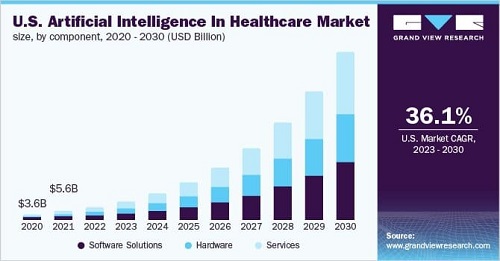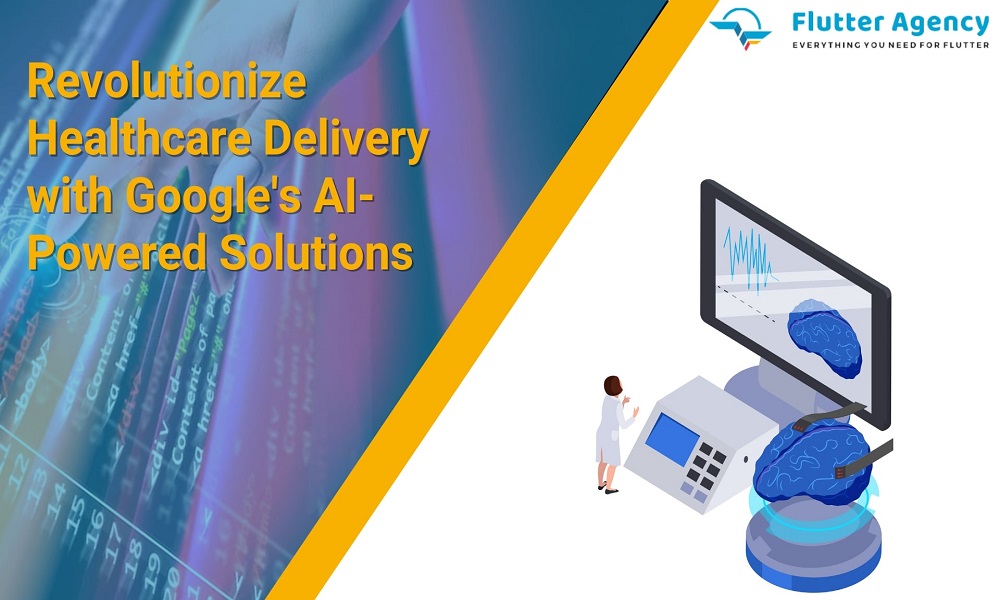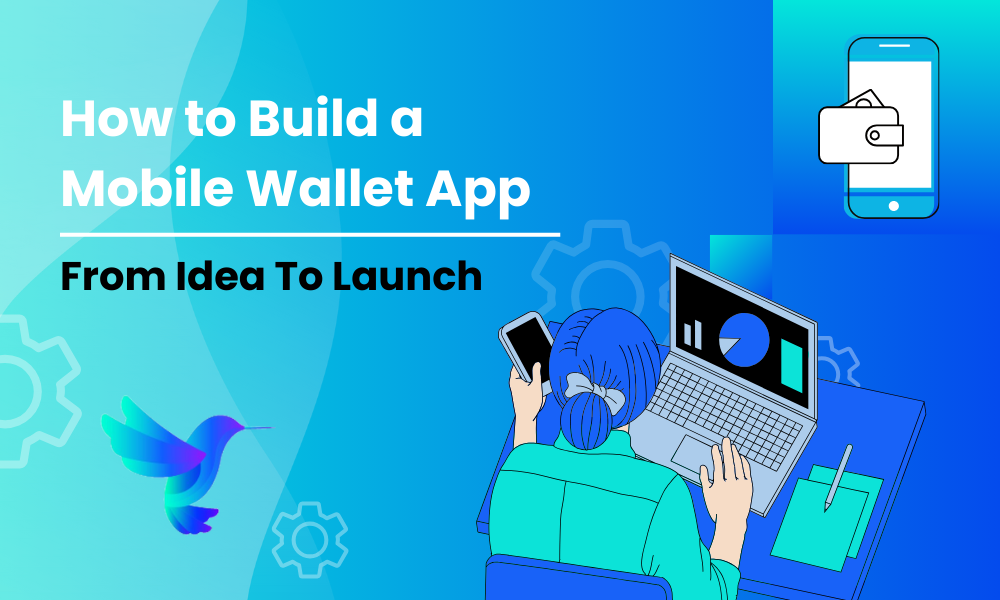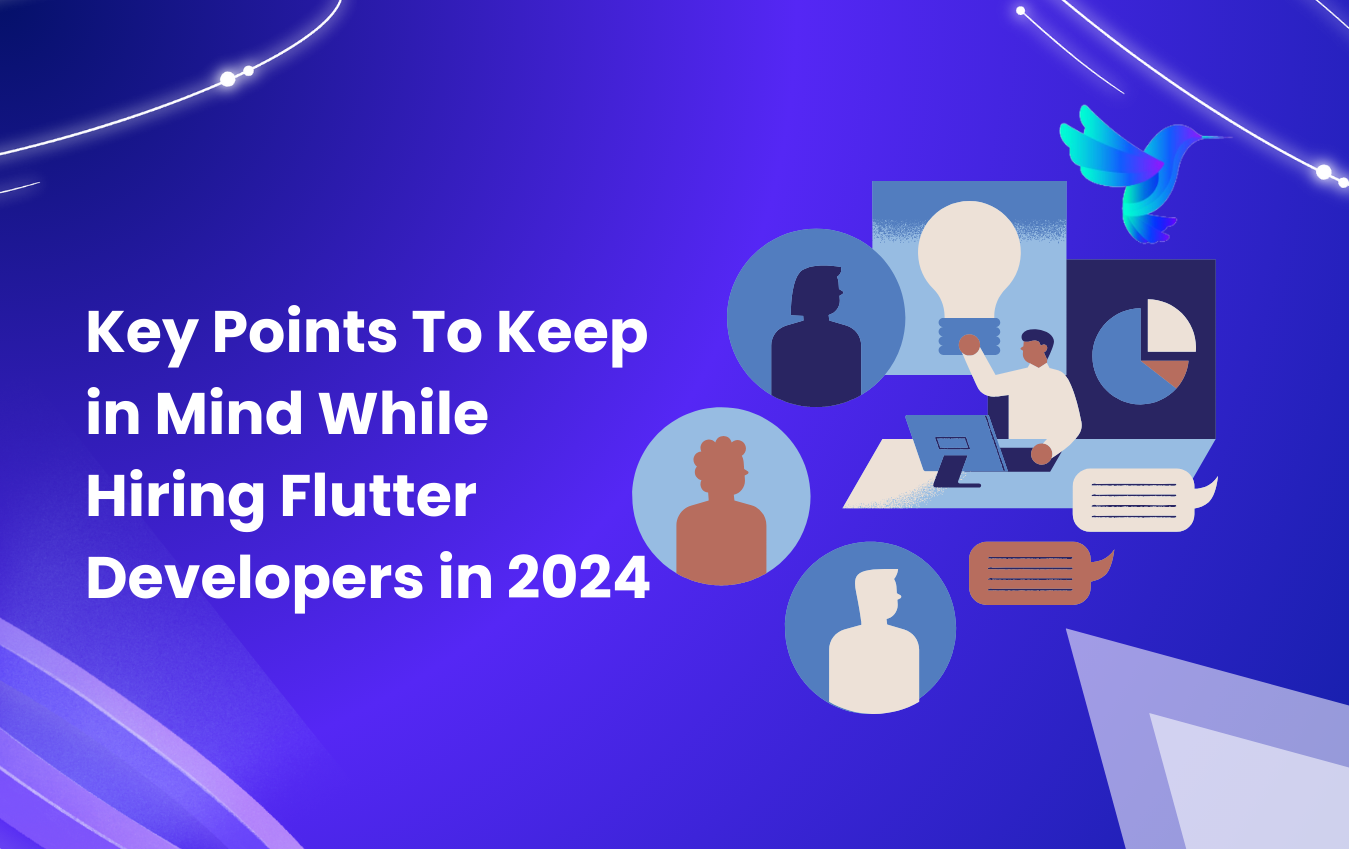Revolutionize Healthcare Delivery with Google’s AI-Powered Solutions
Internet giant reveals initiatives to improve health-related searches and app development.
Alphabet Inc’s Google has unveiled plans to implement artificial intelligence into the healthcare system. It has the updated usage of language-generating technology in medical exams and AI-assisted research, ways to help customers find data faster through internet searches and tools that help healthcare app developers to develop apps worldwide.
“Health is a company-wide effort,” Karen DeSalvo, Google’s chief health officer, said in the blog post event held at its Pier 57 Manthan office on Tuesday. “The global reach of our items, services and platforms is coupled with advanced AI technologies and is giving way to support billions of people to live healthier lives.
Google’s health-related AI announcements come more than a year after the company shifted its strategy for its health efforts, moving to embed healthcare research and other functionality in the core products like YouTube and Search, besides starting the new commercial services. In 2021, after getting the knowledge DeSalvo described as lessons from a pandemic, the industry dissolved the Google health Unit and shifted its members to other businesses, such as research and wearable divisions. However, DeSalvo, a physician, leads a clinical unit which counsels the multiple Google divisions, like hardware, cloud and maps.
The organizations have integrated more approaches to stand in contrast to the firms like Apple Inc., which concentrates on wearable gadgets and makes progress on no-prick blood glucose tracking. Amazon.com has massively invested in medical-care services such as pharmacies and primary care. Verily and Calico, the other alphabet companies, work on biotechnology and medicine and have moved slowly in the last few years. In January, Verily announced that it cut down 15% of the jobs by eliminating programs and streamlining operations.
Though Chief Executive Officer Sundar Pichai started referring to Google as an “AI-first” company years ago, the tech giant has recently been competing with rivals to reassert its dominance, specifically in generative AI – software that produces its definitive text, images and video in response to OpenAI Inc.’s surprise success with ChatGPT, a leading chatbot startup launched in November. Google’s senior management announced “code red” at the organization and directed its most important products – those with more than a billion users. It incorporates generative AI within the months. However, Google said it had assimilated health AI efforts in several ways in search of its core product. For instance, the company said it would more prominently surface Medicaid re-enrollment data, as people must actively sign up for service at the end of March. It used conversational AI tech, Duplex, to identify that thousands of healthcare providers in the US accept specific Medicaid plans in their state. On another premier product, video service YouTube, Google says it is working with an Accreditation Council for Continuing Medical Education to provide best practices for video production to low barriers to medical education access.
The Mountain View, California-based company also said it had made strides in developing its AI models, which engage the huge language models in its medical research. Massive language models have an extensive AI system that intakes infinite volumes of digital text from news, social media posts, or other resources. It has written material for training the software that predicts and generates content independently while providing the prompt or query. The organization said that Google’s Med-PaLM 2 is a second iteration of the AI model that answers medical exam queries. Google also said it is progressing on the advanced research in AI-assisted ultrasound analyses, tuberculosis screening and cancer research.
To help developers across the globe, particularly in under-resourced communities. Google has introduced Open Health Stack, the new suite of open-source tools that helps emerging healthcare technologies build apps. It supports healthcare workers in rural areas in accessing population health data to monitor community health. It also helps healthcare experts make informed decisions in patient care.
Also, Read This Post:
Revolutionizing Healthcare with ChatGPT: Top 14 Uses
Artificial Intelligence In Healthcare Market Size
The global artificial intelligence in healthcare market size was valued at USD 15.4 billion in 2022 and is expected to expand at a compound annual growth rate (CAGR) of 37.5% from 2023 to 2030. Hence, the increasing datasets of patient health-related digital data raising demand for personalized medicine and the increasing demand that deducts care expenses are some of the major driving forces of market growth. However, a growing global geriatric population, changing lifestyles, and rising prevalence of chronic diseases have contributed to the surge in demand for diagnosis, improving the understanding of a disease in its initial stages. AI and ML algorithms have been adopted and implemented into healthcare systems to precisely and perfectly predict diseases in their early stage, dependent on historical health datasets.

Additionally, deep learning technologies, content analytics, and NLP tools enable care professionals to diagnose any patients with underlying health conditions at a previous stage. Healthcare systems are broadly adopting these technologies in their faster diagnosis; it detects multiple virus strains and utilizes personal data to improve outbreak management. Hence, AI/ML algorithms were utilized in the diagnosis sector. These technologically driven modules were trained with a dataset of images, symptoms, and exposure history to diagnose the patients with a perfect disease.
Also, Read This Post:
Leveraging Voice Search Technology In Healthcare: An Innovative Solution For the Patients
Conclusion
Google uses AI technology in its healthcare system to improve patient outcomes, increase efficiency, and reduce patient and provider costs. However, it leads to better outcomes, improving patient satisfaction and cutting costs. Hence, to leverage these advanced technologies, many companies are partnering with the best healthcare app development company with the skill and expertise to develop AI-enabled healthcare solutions. Hence, AI provides innovative solutions to healthcare industries with its evolving needs.
Frequently Asked Questions (FAQs)
1. What are the advantages of AI in healthcare?
Through in-depth data analysis, Ai allows healthcare providers to examine patients’ patterns and needs. As technology continues to create and medical apps are discovered, doctors and nurses will give better support, guidance, and feedback.
2. How is AI changing and upgrading healthcare?
AI is the most potent and robust tool that boosts a global healthcare system’s speed, efficiency, and effectiveness. Hence, by analyzing the massive amount of data in real time, AI can improve clinical and nonclinical decision-making, reduce medical variability, and optimize staff activities.
3. What are the trends in AI in the healthcare industry?
Diagnostics are the most well-known use cases for AI apps in healthcare firms in machine learning and computer vision. Hence, among an entire diagnostic category, these use cases involve visual data and the diagnostic data trend, which is famous in AI apps.
Contemporary ventures
Recent blog
ready to get started?
Fill out the form below and we will be in touch soon!
"*" indicates required fields









